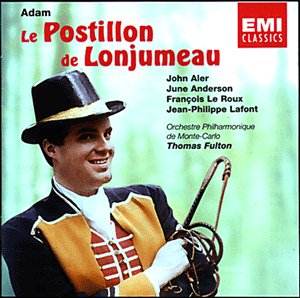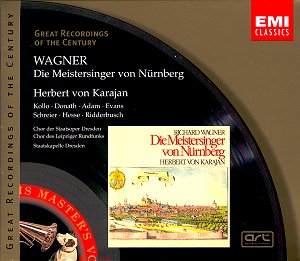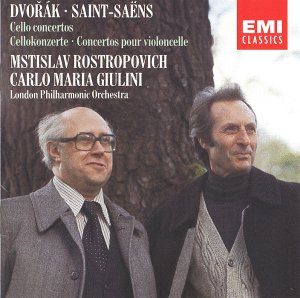 Composer: Adolphe Adam
Composer: Adolphe Adam
Works: Le Postillon de Lonjumeau
Performers: John Aler (Chapelou/Saint-Phar), June Anderson (Madeleine/Madame de Latour), François Le Roux (Le Marquis de Corcy), Jean-Philippe Lafont (Biju/Alcindor), Daniel Ottewaere (Bourdon), Balvina de Courcelles (Rose), The Jean Laforge Choral Ensemble, Monte-Carlo Philharmonic Orchestra/Thomas Fulton
Recording: Salle Garnier, Monte-Carlo 1985
Label: EMI
Adolphe Adam’s operetta, Le Postillon de Lonjumeau, first premiered in 1836, represents a significant yet often overlooked contribution to the French operatic tradition. Adam, who enjoyed a prolific career writing for the theater and is best known for his ballet Giselle, imbued this operetta with a buoyant charm and melodious clarity that resonate through its engaging narrative. The work chronicles the misadventures of a coachman who leaves his newlywed bride to pursue a career in opera, only to find himself entangled in a web of romantic misunderstandings. It is a quintessential example of the light-hearted spirit of 19th-century French operetta, combining elements of comedy, romance, and vibrant musicality.
The performance captured in this recording is a commendable effort, featuring a strong cast led by tenor John Aler as Chapelou and soprano June Anderson as Madeleine. Aler’s portrayal of the ambitious coachman is marked by an impressive agility in the upper register, particularly evident in the demanding high notes of his signature aria, “Je suis un postillon.” His voice, while lighter than some of his contemporaries, possesses a lyrical quality that complements the operetta’s effervescent style. Anderson, on the other hand, brings warmth and depth to Madeleine, particularly in their Act 1 duet “Quoi, tous les deux,” which showcases their musical chemistry and Adam’s gift for crafting intrinsically melodic dialogue.
Thomas Fulton’s direction of the Monte-Carlo Philharmonic Orchestra is a highlight, characterized by an energetic and spirited reading of Adam’s score. The orchestra’s playing is crisp and lively, effectively capturing the playful essence of the operetta. However, there are moments where the chorus, while sprightly, occasionally lags behind the beat, undermining the overall rhythmic drive that is so vital to the operetta’s charm. This slight inconsistency detracts from the ensemble’s otherwise vibrant contribution, particularly in the choral number “Jeunes époux,” where a tighter coordination would enhance the buoyant spirit of the piece.
The recording quality, as captured in the 1985 sessions, demonstrates commendable clarity, particularly in the treble ranges, allowing the orchestral textures to shine through. While it may lack the warmth found in earlier German recordings of Adam’s works, this remastered edition provides a balanced soundstage where the soloists are not overly close-miced, ensuring that the orchestral accompaniment remains an integral part of the listening experience. The clarity of each vocal line allows listeners to appreciate the intricate interplay of voices and orchestration that Adam so skillfully crafted.
Compared to previous recordings, particularly the 1965 German version featuring renowned artists like Nicolai Gedda, this version offers a complete operetta experience, including dialogue that enriches the storytelling. Yet, it is worth noting that while this recording presents a delightful interpretation, the exuberance and spontaneity of live performance can sometimes feel somewhat tempered in comparison to the more dynamic energy captured in earlier renditions.
The reissue of this recording serves not only as a revival of Adam’s delightful operetta but also as a testament to the enduring charm of French operatic works that deserve more attention. With an engaging cast and lively orchestral accompaniment, this performance of Le Postillon de Lonjumeau invites both seasoned operetta aficionados and new listeners alike to explore the vibrant world of Adolphe Adam, whose music, despite its historical context, continues to resonate with the joys and follies of human experience. This recording stands as a worthy addition to the catalog of operatic performances, celebrating a composer who, despite being overshadowed by his contemporaries, offers an abundance of musical treasures that remain refreshingly accessible and entertaining.

